
24/7 Insights
- China invented most of the technology we use today, making the modern world possible.
- Modern-day China takes pride in its history and continues its legacy of invention and progress.
- Download our free report on the two stocks we recommend every investor buy.
You could spend a lifetime learning about just a handful of the things invented in China and their impact on the world. To save you just a little time, we put together 15 of the most important (we think) to give you an idea of just how much China has impacted your life, and will continue to define your life for generations to come.
We kick off this list with what are known as the Four Great Inventions. These are four things that were invented in China widely regarded as the four most important inventions that made the world what it is today.
For this list, we’re going to assume that if the Chinese didn’t invent it, nobody would afterward.
#1 Paper

The first of the Four Great Inventions is paper. The earliest records of paper being used date to around 202 BCE with the oldest example of pulp paper being a map of Tianshui. By the year 300 CE, paper was widespread and common in China.
Where would we be without paper? The explosion of learning, knowledge, emancipation, human rights progress, and wealth creation is all due to the widespread use of paper. It’s safe to say that without paper, we might all still be toiling in the fields of Europe .
#2 Printing and Moveable Type

The second of the Four Great Inventions is actually two inventions, both from China. Woodblock printing was invented around 704 CE, with multiple examples of printing on paper being found, including the earliest printed book dating to between 618–907 CE.
Moveable type was first proposed in 1088 but it wasn’t completely implemented until 1297 and was perfected in 1490. Moveable type led to the printing press which launched the world into the modern age of enlightenment.
Without these printing inventions, books would still be hand-written and extremely expensive, preventing the common person from ever owning books or learning at all.
#3 Gunpowder

The first use of gunpowder was in China between 618–907 CE, with the first written recipes for gunpowder dating to 1044.
Gunpowder and its later applications revolutionized the battlefield, allowing for cheaper, larger, and more deadly armies that needed less training. Modern combat and warfare, along with the modern police state and the size of nations, would be impossible without gunpowder.
The inventions of gunpowder also led to the invention of incendiary bombs, rockets, firearms, cannons, fireworks, rocket boosters, solid rocket boosters, rocket launchers, and exploding cannon shells, all invented in China.
#4 Compass
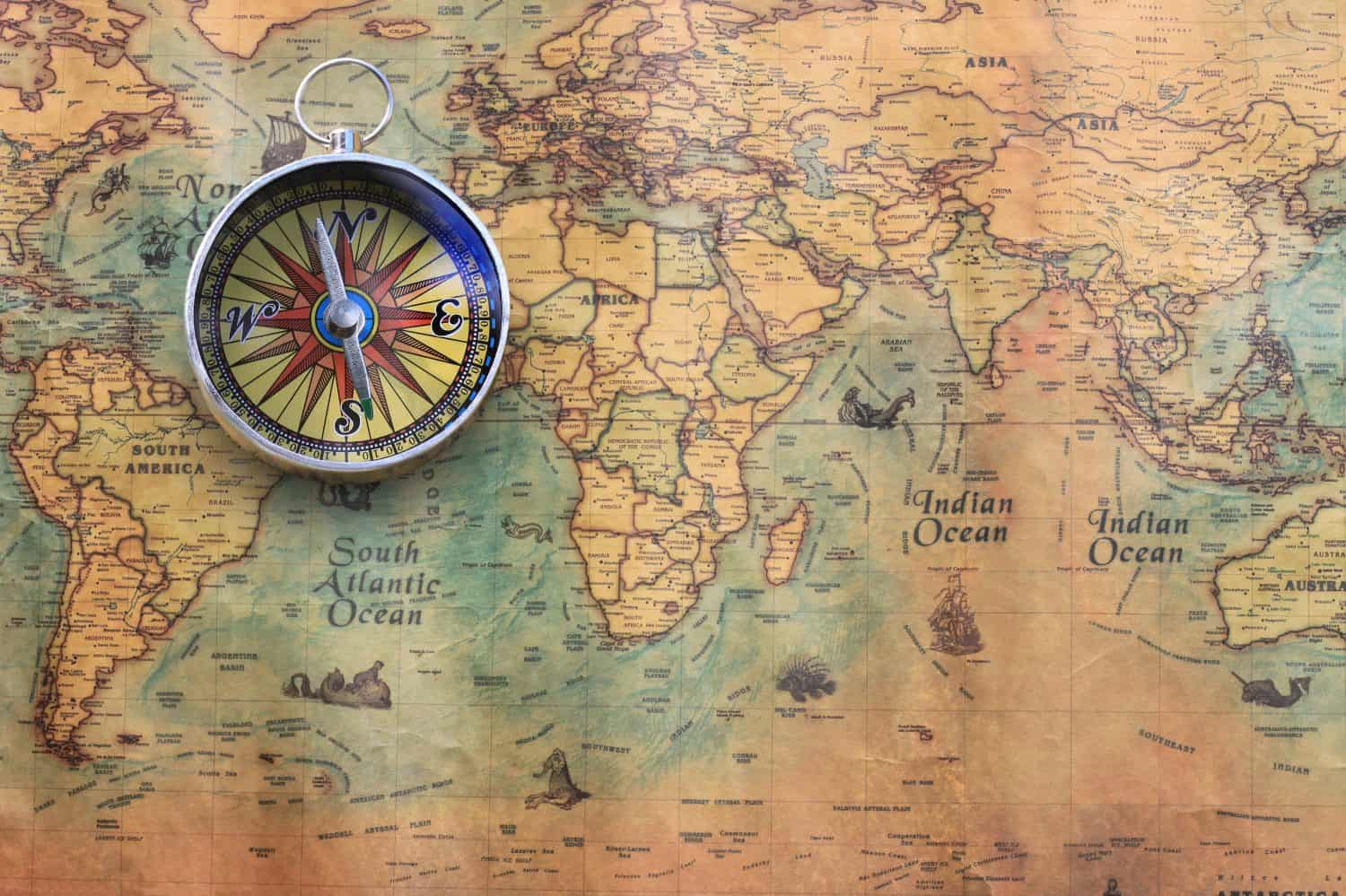
Finally, the last of the Four Great Inventions is the compass. Some ancient cultures had learned to use magnetic rocks, like the Olmec in Mexico in 1000 BC, but the Chinese were the first to magnetize iron using lodestone. The first instance of the compass was recorded between 202 BCE–220 CE. It was originally used for divination and geomancy, and in the 12th century it was finally applied to navigation on the ocean.
Without the compass, the age of exploration probably would never have happened, and we might be living in the age of the Ottoman Empire, or Chinese hegemony today.
#5 Banknote
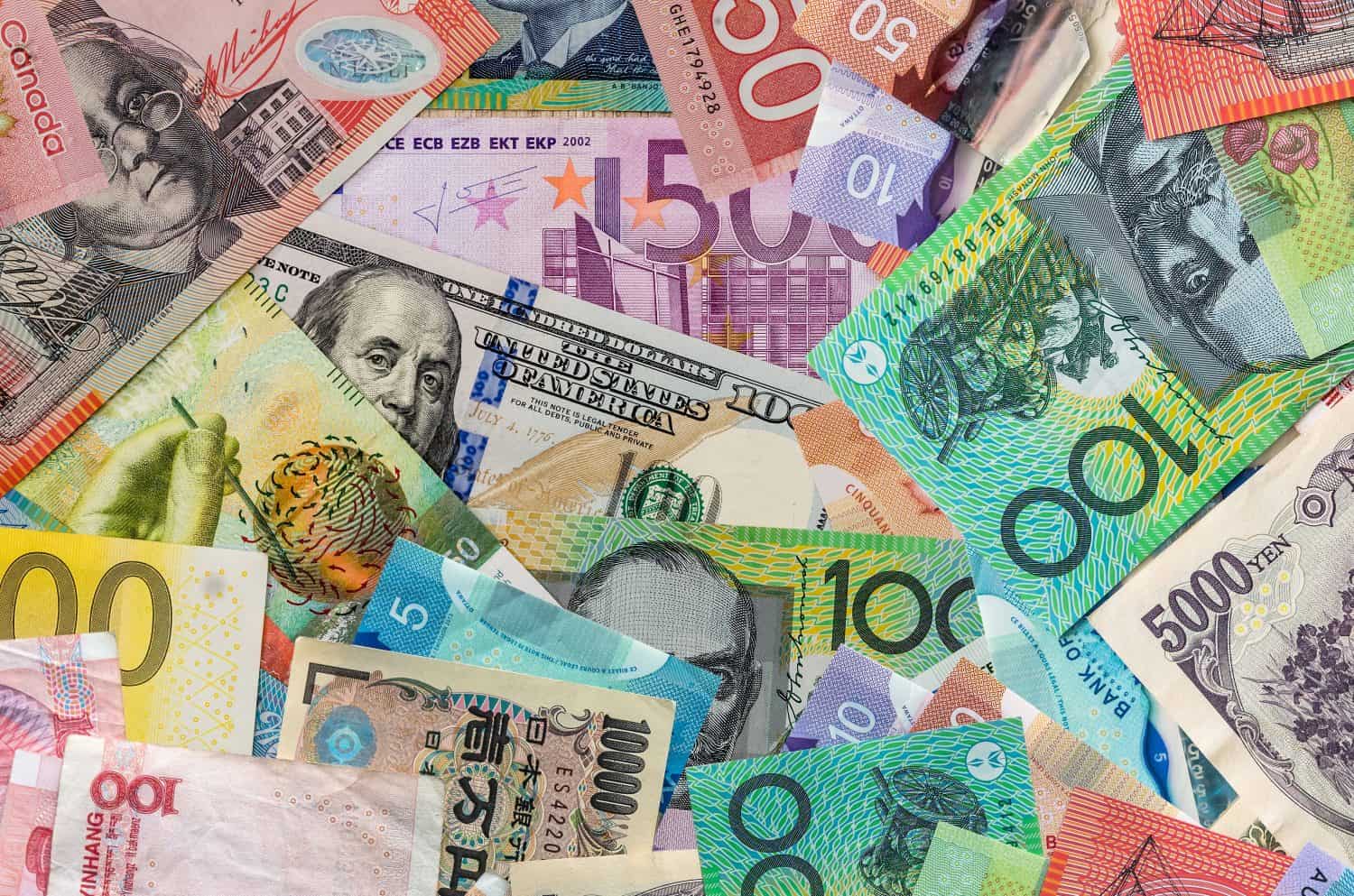
The banknote, as well as paper currency, was invented in China, reaching a nationwide integration by 1265.
Without the banknote or paper currency, people would still be keeping their money (probably in the form of gold or other precious metals) in chests hidden away, or be forced to carry it with them at all times, especially while they traveled.
#6 Negative Numbers

You might remember negative numbers as an annoyance in school, but modern life would not be possible without them. China invented them in the 3rd century and they now enable modern banking, exploration, science, navigation, computing, and more.
#7 Blast Furnace

The blast furnace allows a user to produce pig iron that could again be melted and refined to produce cast iron (also invented in China). The earliest blast furnaces date to around 202 BCE. The use of cast iron since became widespread and enabled the building of larger, stronger buildings.
#8 Cannon
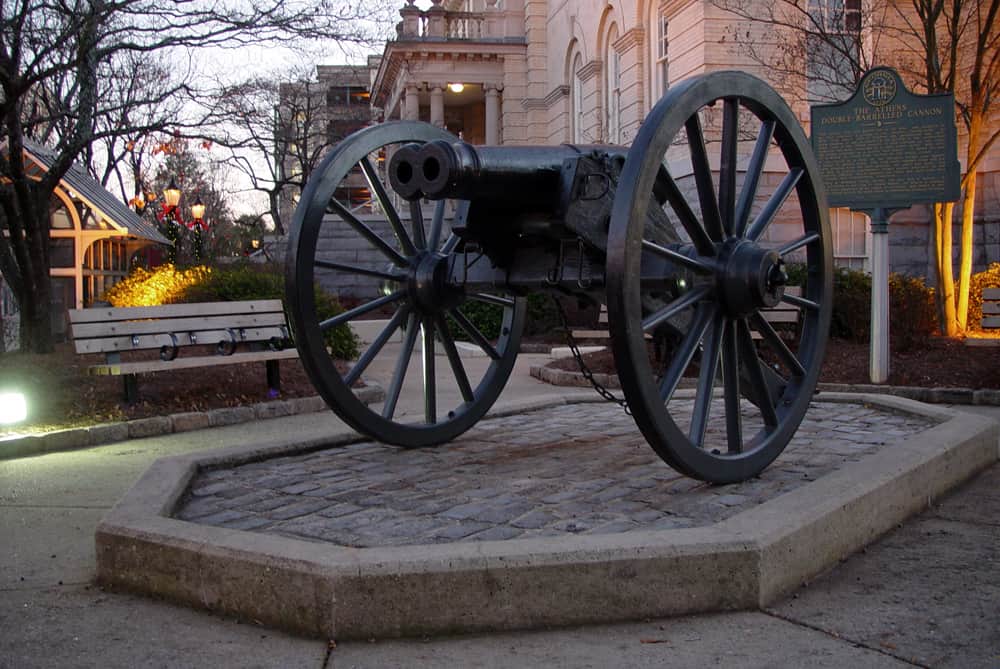
The first depiction of a cannon comes from 1128 CE, with many examples being found from later years. Naturally, the cannon and the firearm were both invented in China and evolved together. The cannon is most famous for making castle ramparts and stone walls nearly obsolete. Without the cannon, we might all still be living in or around castle fortresses today.
#9 Stirrup

It has been on multiple occasions said that the stirrup is among the most important inventions of all time, up there with fire and bread. It allowed the nomadic tribes of the Eurasian Steppe to conquer and reconquer most of the world for thousands of years and allowed humans to settle the entire world.
Without the stirrup, there is no telling where we might be, if we could have survived the last millennia without it.
#10 Well Drilling

China was the first country to employ well-drilling in 347 CE and used petroleum for lubrication, lighting, and more. It used bamboo to keep the holes open during drilling and extraction. Without well-drilling techniques, oil and petroleum never would have gained mainstream acceptance as a fuel source and cars and other combustion engine vehicles never would have become mainstream (perhaps we would have been better off, now that we think about it).
#11 Tea
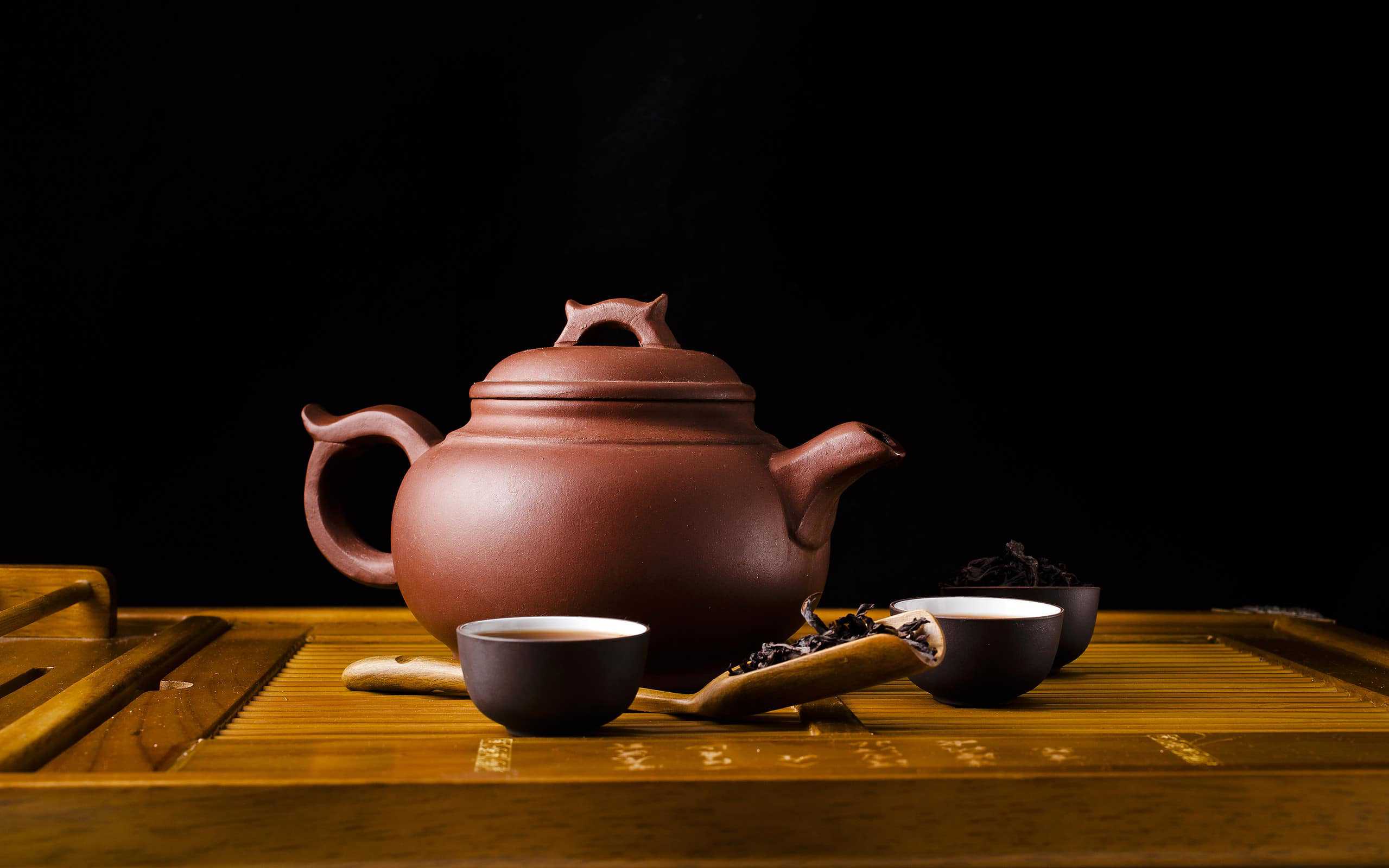
China was drinking tea as early as 2,000 BCE, and (of course) invented the tea pot to do so. The now famous Chinese tea culture was fully developed by 202 BCE and was commonly used as a drink and as medicine.
Without tea, much of the trade and conflict through the centuries might never have happened, or we might have simply found different reasons to kill each other. It might even be the case that Great Britain would have been content to stay home on her island nation instead of conquering the world.
#12 Chain Drive

The chain drive was invented in the 11th century CE and was first used to power the clock tower in Kaifeng in 1090. This was the predecessor to the chain drives that power motorcycles and bicycles today and was an important way to transfer power throughout the middle ages and industrial age.
#13 Toilet Paper
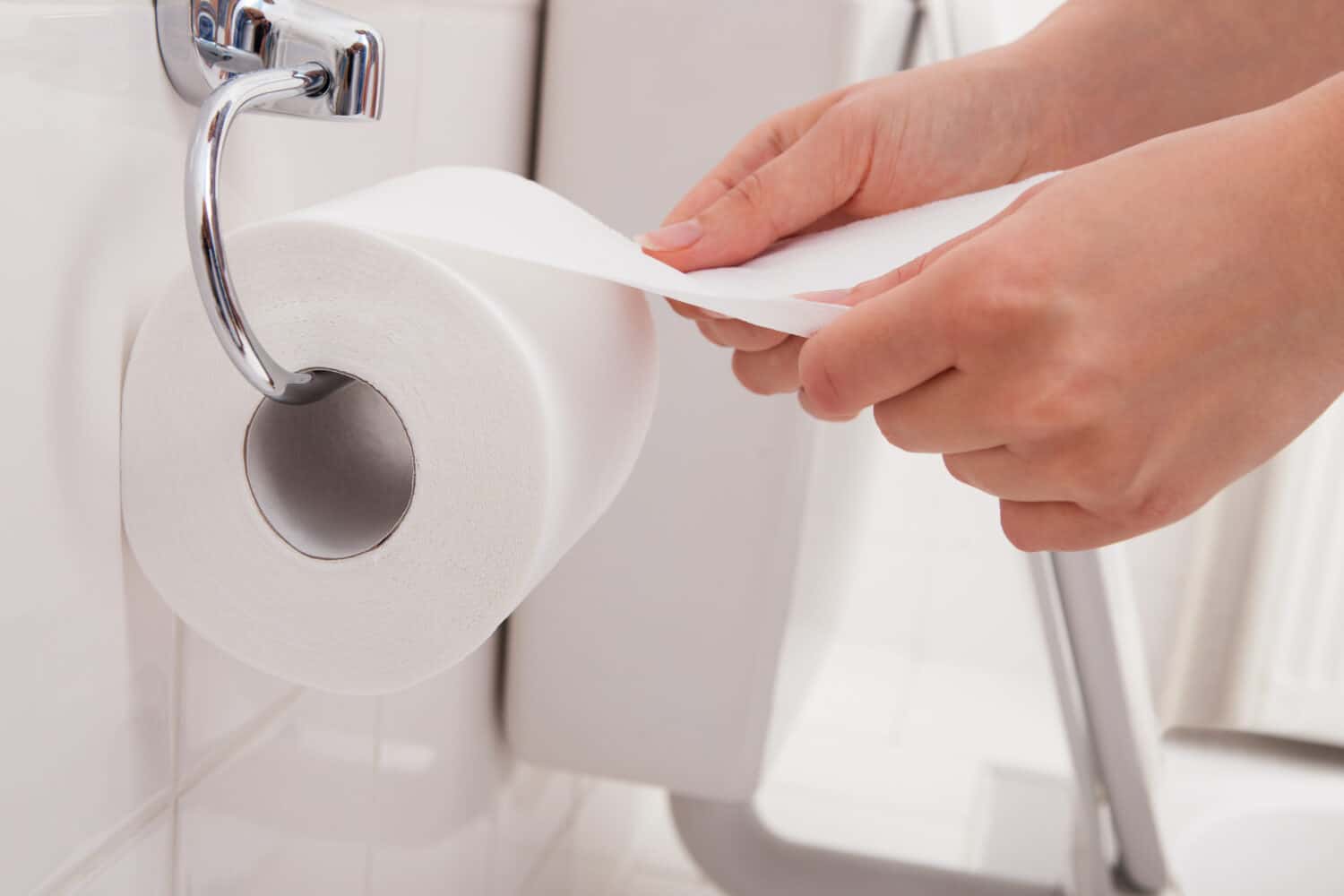
Toilet paper was invented in 589 CE and quickly achieved continual and widespread use in China. Other surrounding cultures used water or communal cloths to clean themselves. It is safe to say that modern bathrooms, especially in Western countries, would look just a bit different without toilet paper.
#14 Civil Service

Before the invention of the civil service around 202 BCE, government positions around the world were typically filled with family, friends, powerful military officers, political allies, and other powerful people who wanted government favors. With the invention of the civil service, along with the Imperial Academy and civil service examinations, government positions were filled with trained bureaucrats who knew how to do their job they were being appointed to, making government more efficient and far more boring.
#15 Pinhole Camera

The original idea for the pinhole camera was described in China around 470 BCE, and was followed by several iterations and examples that continued to evolved through the middle ages to the modern camera today.
The pinhole camera was the predecessor to all camera technology today, allowing scientists to understand how light worked and manipulate it to capture images which we use today for movies and picture prints.
Take This Retirement Quiz To Get Matched With An Advisor Now (Sponsored)
Are you ready for retirement? Planning for retirement can be overwhelming, that’s why it could be a good idea to speak to a fiduciary financial advisor about your goals today.
Start by taking this retirement quiz right here from SmartAsset that will match you with up to 3 financial advisors that serve your area and beyond in 5 minutes. Smart Asset is now matching over 50,000 people a month.
Click here now to get started.
Thank you for reading! Have some feedback for us?
Contact the 24/7 Wall St. editorial team.



